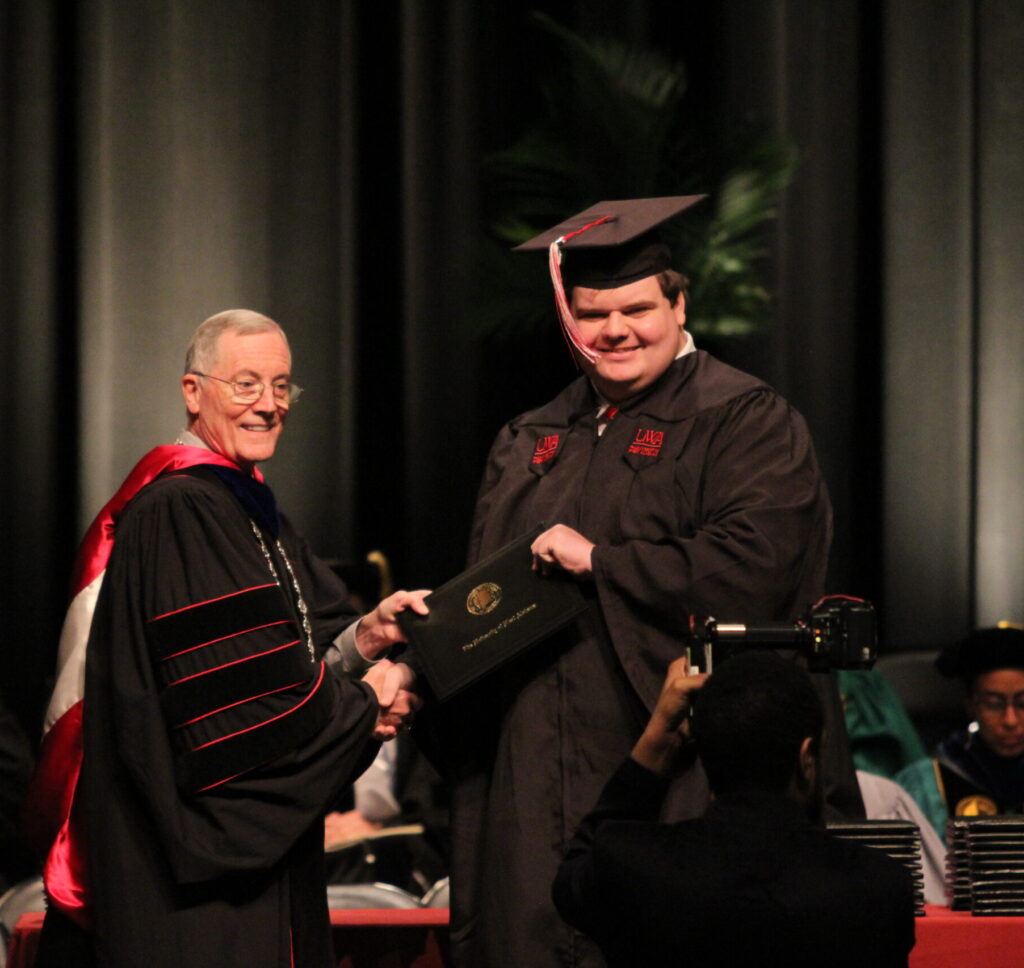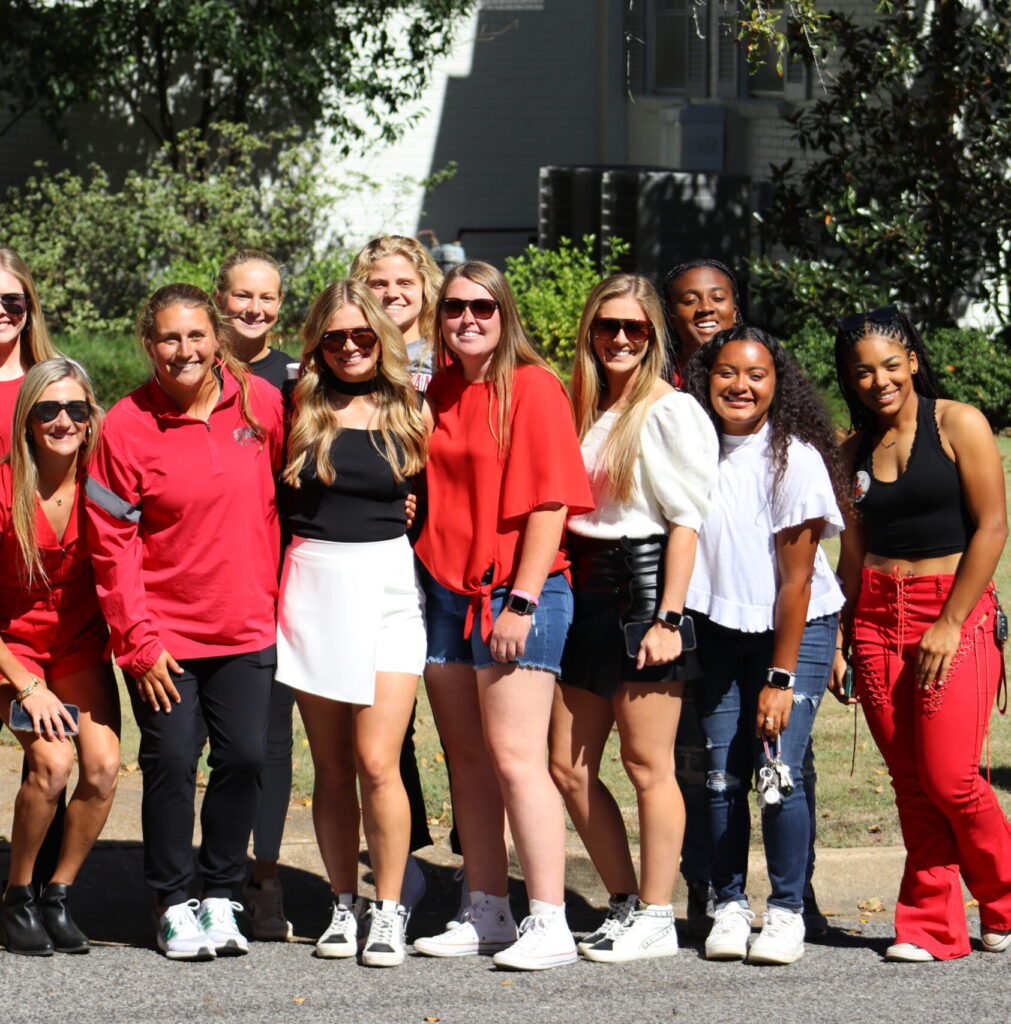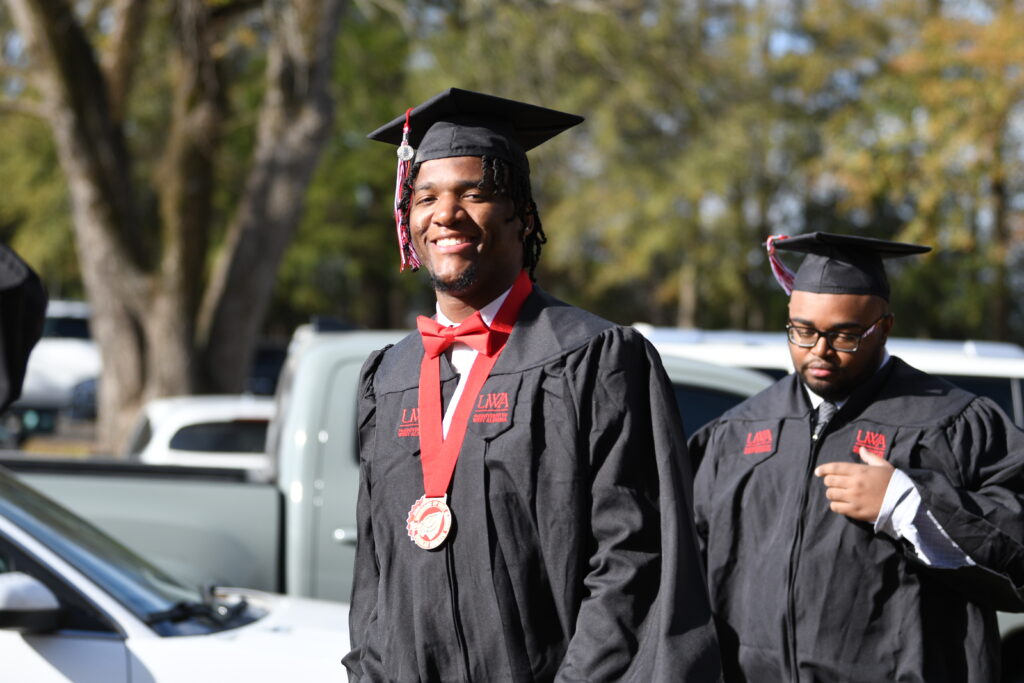Introductory computer concepts and microcomputer usage covering productivity software packages such as word processing, electronic spreadsheets, presentation software, and database management systems.
The Technology Program’s mission is to develop critical thinking skills and knowledge of technologies to prepare students for employment in areas of industry, business, governmental, or service agencies. Successful completion of the curriculum will provide a background in liberal arts, natural sciences, mathematics and a chosen area from the College of Business or Division of Engineering and Technology with a concentration in either Accounting, Business Administration, Computer Engineering Technology, Engineering Technology, Finance, Management or Marketing.
The Bachelor of Science in Technology program is designed to serve students who have documented training and/or verifiable skills in an exclusive vocational/technical area, full-time military experience or business/industrial training and who desire a bachelor’s degree. A specific program of study for each student is contracted on the basis of his/her career goals and previous training. A student who has been admitted to the program cannot change to another major at UWA, unless he/she meets all admission requirements relevant to the other program.
Each student must complete the following criteria:
- At least 32 hours (not to exceed 42 hours) of technical credit in a singular discipline is required. Students who earn the associate degree in Industrial Maintenance at UWA may use this program to meet the technical portion of the Bachelor of Science in Technology program.
- A minimum of 30 semester hours of upper-division courses (300-400) taught within the COB or DE&T must be completed at UWA.
- Basic Curriculum is the general education requirement for all bachelor’s degrees and includes no less than 47 hours.
- Approved Electives are required to complete the total hours required for the degree. Electives will be selected to strengthen the program.
- Students who enter this program are expected to complete an internship. Three to Six (3-6) hours credit for work experience related to the student’s career goal is required. Previous work experience may be awarded to the student who provides appropriate documentation. However, if a student cannot complete an internship, or does not have prior work experience in their field, then the student will take an additional three hours of upper-level 300 or 400 level course in their professional field.
- The Chairperson for Division of Engineering and Technology is responsible for determining when the student has met all requirements for the degree.
Visit the Academic Catalog for information regarding program admission requirements, prerequisites, course offerings and more.
Program Facts
Program Format
On Campus, Online
Start Term
Spring, Summer and Fall semesters
Tuition Cost
Number of Credits
120 hours
Academic Calendars
Request More Information
Loading...
Sample Courses
CET205 Microcomputer Applications
3 Credits
EC201 Principles of Microeconomics
3 Credits
Basic principles of microeconomic analysis, including supply, demand, elasticity, production, cost, market structures, and economic problems. Prerequisites: “C” or higher in MH101 or ACT math subscore of 20 or higher or other appropriate standardized test score.
MH114 Precalculus Trigonometry
3 Credits
Includes angles and their measures, trigonometric functions and their inverses, trigonometric identities and trigonometric equations. The Law of Sines and Cosines, polar coordinates, vectors and applications of vectors, complex numbers and nth roots of a complex number, DeMoivre’s Theorem and polar coordinates are also included. Prerequisites: Grade of “C” or higher in MH113 or appropriate standardized test score. A student who has received previous credit in a trigonometry or higher mathematics course is not eligible to enroll in MH114.
Similar Programs
Automotive Engineering Technology (AAS)
Available in Major
Computer Engineering Technology
Available in Major / Minor
Engineering Technology
Available in Major
Suggested Minors
Computer Engineering Technology
Available in Major / Minor
Electrical Engineering Technology
Available in Major / Minor
Mechanical Engineering Technology
Available in Major / Minor
Career Outlook
The Bachelor of Science in Technology program’s mission is to prepare students for employment in supervision, and/or technical areas of industry, business, governmental or service agencies. Successful completion of the curriculum will provide a background in liberal arts, natural sciences, mathematics and industrial management, with skills in the use of machines, tools and computers, including but not limited to knowledge of industrial design, materials and processes.




Financial Aid & Scholarships
Financial aid and scholarships provide invaluable opportunities for students to pursue higher education and achieve their academic goals. Financial aid encompasses various forms of assistance, including grants and fellowships, loans, work-study programs and scholarships. Financial aid and scholarships alleviate the financial burden of tuition fees, textbooks and living expenses, making higher education more accessible to students from diverse backgrounds. By supporting students’ financial needs, universities foster a culture of inclusivity, equal opportunity and lifelong learning.
Hear From Our Alumni
Hear from previous and current students about their experiences.

Frequently Asked Questions
Are you a prospective student or visitor looking for information quickly and efficiently? The frequently asked questions (FAQ) section on the university’s website answers common inquiries about admissions, tuition, programs, campus facilities and more.